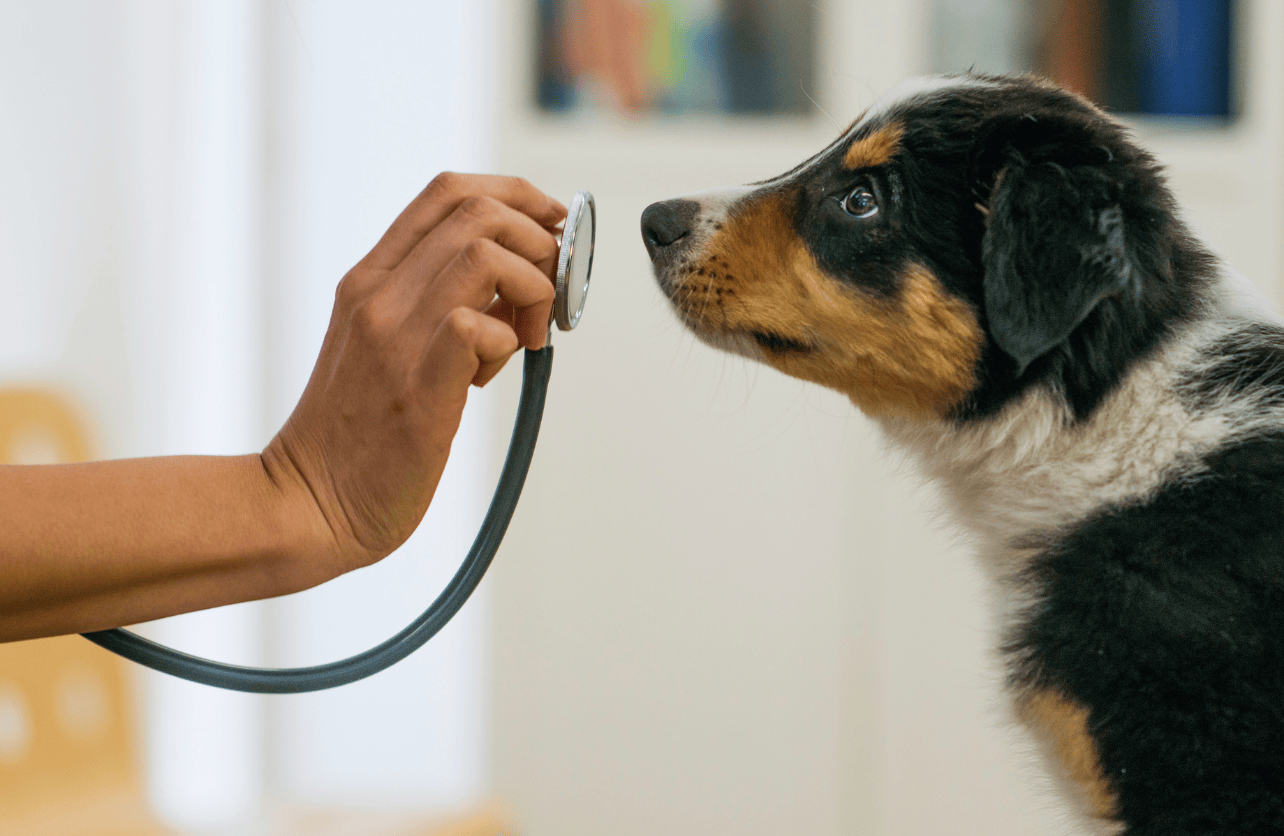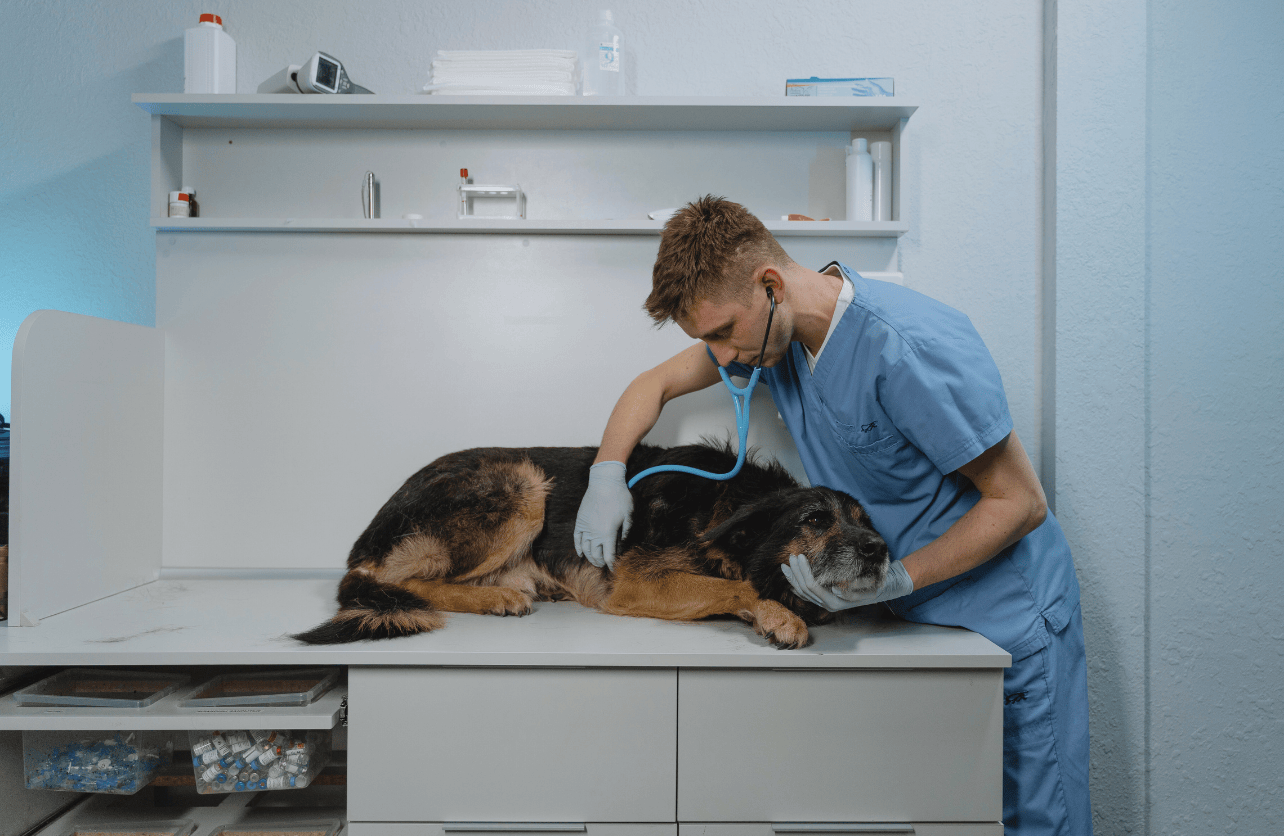When Should You Take Your Dog to the Vet for a Persistent Cough?

A dog’s occasional cough can seem harmless, much like when humans experience a minor throat tickle. However, persistent coughing in dogs may signal an underlying issue that requires attention. While some causes of coughing are mild and self-limiting, others can indicate serious health conditions. Knowing when to seek veterinary care is crucial to ensuring your furry friend’s well-being.
Understanding the Causes of Coughing in Dogs
Dogs cough for various reasons, ranging from harmless irritations to severe medical conditions. Common causes include:
- Kennel Cough: A highly contagious respiratory infection common in dogs that spend time in boarding facilities or playgroups.
- Allergies: Environmental allergens like pollen or dust can irritate a dog’s throat and cause coughing.
- Foreign Objects: Small items lodged in the throat or airway may provoke a persistent cough.
- Heart Disease: Conditions like congestive heart failure can lead to coughing due to fluid buildup in the lungs.
- Respiratory Infections: Bacterial, viral, or fungal infections can cause coughing, along with other symptoms like lethargy or fever.
- Collapsed Trachea: Common in smaller breeds, this condition involves the trachea weakening and collapsing, resulting in a distinctive honking cough.
When to Worry About Your Dog’s Cough
Not every cough warrants a trip to the vet, but there are warning signs that suggest professional evaluation is necessary.
Persistent or Chronic Coughing
If your dog’s cough lasts more than a few days or seems to worsen, it’s time to consult a veterinarian. Chronic coughing can indicate underlying conditions like heart disease or a respiratory infection.
Difficulty Breathing
Coughing accompanied by labored or noisy breathing, open-mouth breathing, or blue gums is a red flag for respiratory distress. Seek immediate veterinary attention in these cases.
Coughing Up Blood or Phlegm
If your dog produces blood, mucus, or yellow-green phlegm when coughing, it may point to a serious infection or injury.
Lethargy or Loss of Appetite
A cough that occurs alongside fatigue, decreased energy, or refusal to eat could signal an infection or more systemic health issue requiring prompt care.
Unusual Coughing Sounds
Pay attention to the type of cough your dog has. A “honking” cough may indicate a collapsed trachea, while a wet, gurgling cough could suggest fluid in the lungs.
How a Veterinarian Can Help

When you bring your dog to the vet for a persistent cough, they’ll perform a thorough examination to identify the root cause. This may involve:
- Physical Exam: Checking the throat, chest, and lungs for abnormalities.
- X-rays or Ultrasounds: Imaging to evaluate the lungs, heart, and airways.
- Blood Tests: To detect infections or other underlying health issues.
- Fecal Analysis: If parasites like heartworms or lungworms are suspected.
Once the cause is determined, the vet may prescribe medications such as antibiotics, anti-inflammatories, or cough suppressants, depending on the diagnosis.
Home Care Tips While Monitoring a Cough
If your dog’s cough is mild and doesn’t meet the criteria for immediate veterinary care, there are steps you can take to help them at home:
- Limit Exercise: Rest can reduce strain on their respiratory system.
- Use a Humidifier: Adding moisture to the air can soothe irritation.
- Avoid Irritants: Keep your dog away from smoke, strong perfumes, or dusty areas.
However, if your dog’s condition worsens or additional symptoms develop, don’t delay seeking professional advice.
Your Pet’s Best Interest, Always
At Pet Institute, we take pet care seriously. We're dedicated to transparency, impartiality, and the well-being of your pets in every article, review, and recommendation we provide. Our unwavering commitment to these principles ensures that you, our valued reader, always receive reliable and unbiased information. Let us be your trusted guide in the world of pet care and companionship.